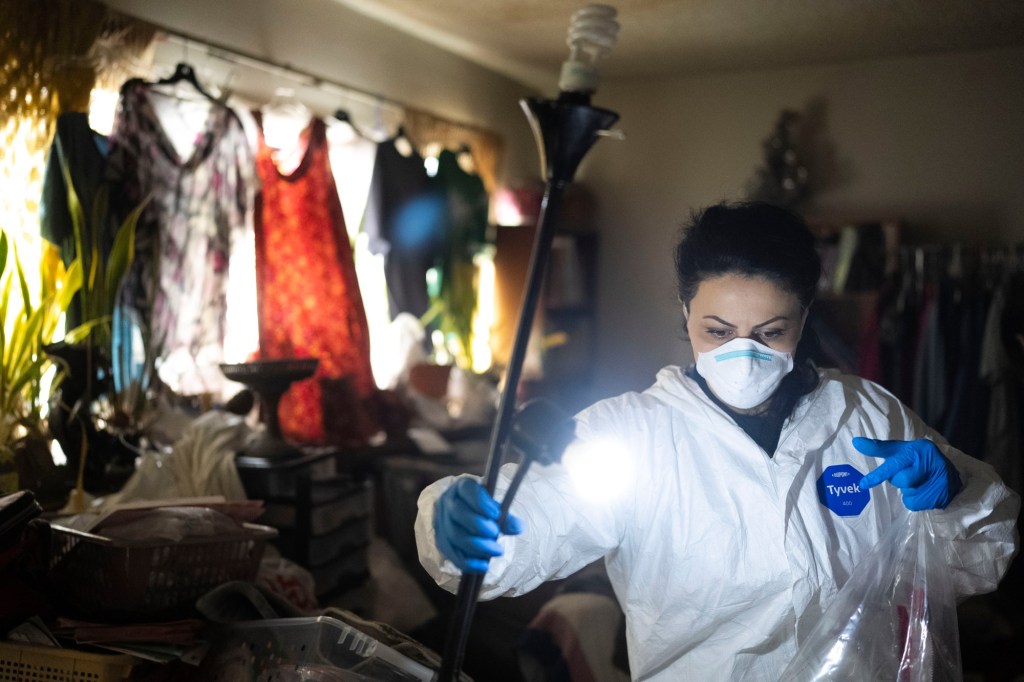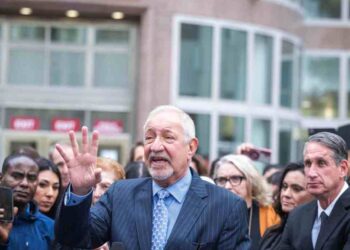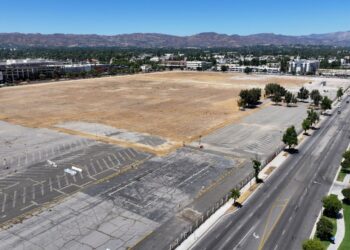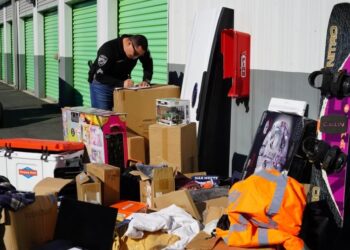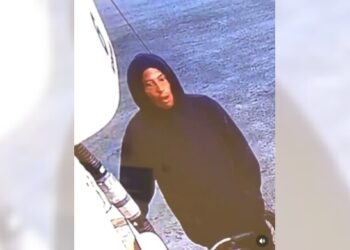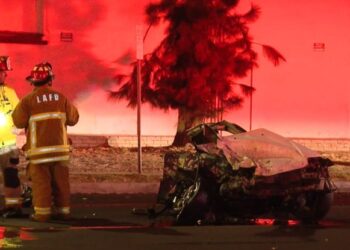By STEFANIE DAZIO | Associated Press
LOS ANGELES — Arusyak Martirosyan struggles to open the door of a stranger’s one-bedroom apartment overflowing with the belongings from a life lived but not claimed in death.
Wedged against the door is a giant box of Gain laundry detergent and plastic tubs piled high. Blouses and T-shirts, suspended by hangers over a living room curtain rod, block out almost all sunlight. Bins and boxes, brimming with more clothes, hide the carpet. Empty takeout containers and Tupperware, with bugs trapped inside, cover the stove.
The 74-year-old woman died in October in the hospital, and weeks later no one had come forward for her remains. Wearing a Tyvek protective suit and trailed by the building’s property manager, Martirosyan hunts for a greeting card or letter sent to her that could have a family member’s address on the return label — anything that would lead to a relative who could give this woman a proper burial.
Martirosyan acts as a living representative of those Los Angeles County calls “the unclaimed dead.” She is one of more than a dozen investigators who work for the Public Administrator, an understaffed and little-known branch of the county’s Department of the Treasurer and Tax Collector.
Her job is to unearth who the woman was beneath all her belongings and find out who she loved, who loved her and what she wanted after her death.
Martirosyan and her colleagues spend three years investigating a case before relinquishing the deceased to a communal gravesite, a last resort in the county cemetery. Similar work is done in cities across the U.S. but in Los Angeles, with one of the nation’s largest homeless populations, the efforts are particularly difficult.
It is a painstaking process to retrace a life. Investigators, who handle about 200 cases yearly, are given a manila file folder containing a name, birthdate and little else for each death.
“I go through their lives in so many ways,”…
Read the full article here

